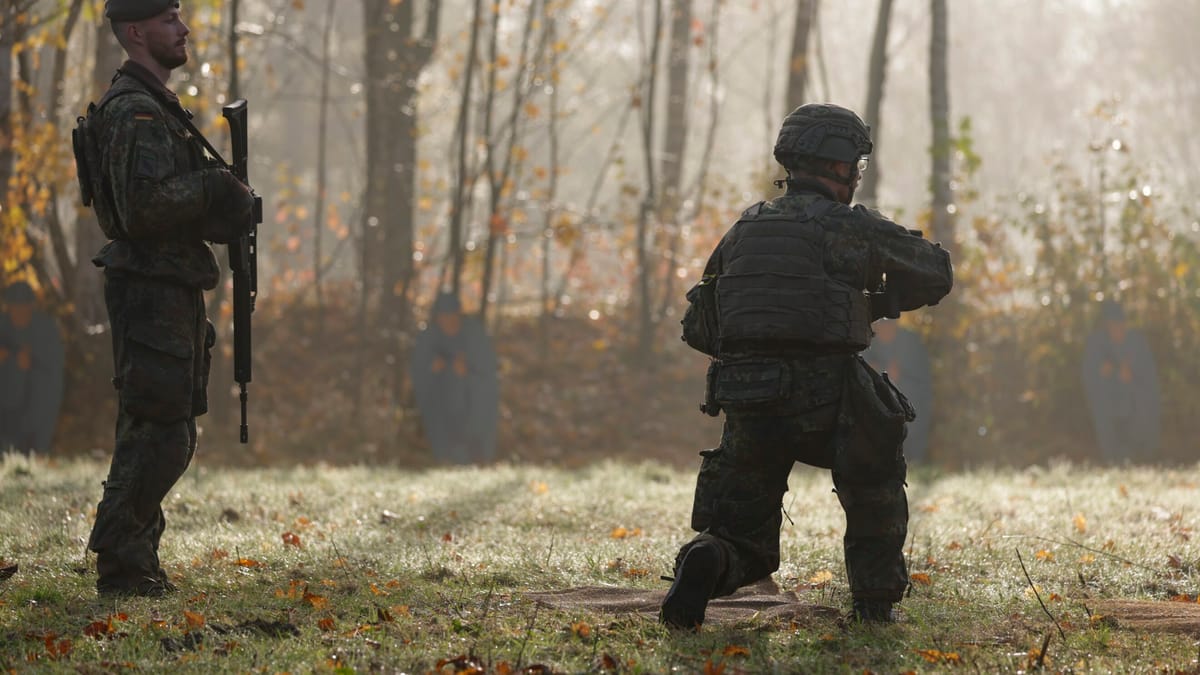Europe Considers Joint Cyber Operations and Military Drills Against Russia
In response to increasing threats from Russia, European nations are contemplating a range of retaliatory measures, including joint offensive cyber operations and surprise military exercises. This strategic shift comes as Russia intensifies its efforts to destabilize NATO allies, prompting discussions among senior officials and diplomats within the European Union (EU).
Key Details
According to two senior European government officials and three EU diplomats, the proposed measures include:
- Joint Offensive Cyber Operations: European countries are exploring coordinated cyber responses to counteract Russian cyberattacks.
- Faster Attribution of Hybrid Attacks: There is a push for quicker identification and public attribution of hybrid warfare tactics employed by Russia, enabling a more immediate response.
- Surprise NATO-Led Military Exercises: Plans for unannounced military drills are being discussed to enhance readiness and demonstrate solidarity among NATO members.
Latvian Foreign Minister Baiba Braže emphasized the need for a more proactive approach in an interview with POLITICO. She stated, “The Russians are constantly testing the limits — what is the response, how far can we go?” Braže argued that “it’s not talking that sends a signal — it’s doing,” highlighting the urgency for action over dialogue.
Furthermore, Florian Hahn, the German State Secretary for Defense, echoed these sentiments last week, stating, “Overall, Europe and the alliance must ask themselves how long we are willing to tolerate this type of hybrid warfare ... [and] whether we should consider becoming more active ourselves in this area.” This reflects a growing consensus among European leaders that a shift in strategy is necessary to address the evolving threats posed by Russia.
Background
The discussions surrounding these potential measures come at a time of heightened tensions between NATO and Russia. The alliance has been increasingly concerned about Russia"s military maneuvers and cyber operations, which are perceived as attempts to undermine the stability of member states. The call for a unified response is indicative of a broader recognition among European nations of the need to adapt to the changing security landscape.

Image for Europe considers joint cyber operations and military drills against Russia
What"s Next
As European nations deliberate on these proposals, the implications for NATO"s strategic posture could be significant. The potential for joint cyber operations and military drills may not only enhance collective defense capabilities but also serve as a deterrent against further Russian aggression. The outcome of these discussions will likely shape the future of NATO"s response to hybrid warfare and influence the alliance"s overall security strategy.
For further context on international relations, see recent developments regarding Germany"s warnings about Russia"s military preparations.


![[Video] Heavy clashes and gunfire reported in Baghdad, Iraq](/_next/image?url=%2Fapi%2Fimage%2Fthumbnails%2Fthumbnail-1768342239932-848qsh-thumbnail.jpg&w=3840&q=75)




![[Video] Gunfire between Iraqi security forces and Sadr militias in Baghdad](/_next/image?url=%2Fapi%2Fimage%2Fthumbnails%2Fthumbnail-1768343508874-4redb-thumbnail.jpg&w=3840&q=75)
